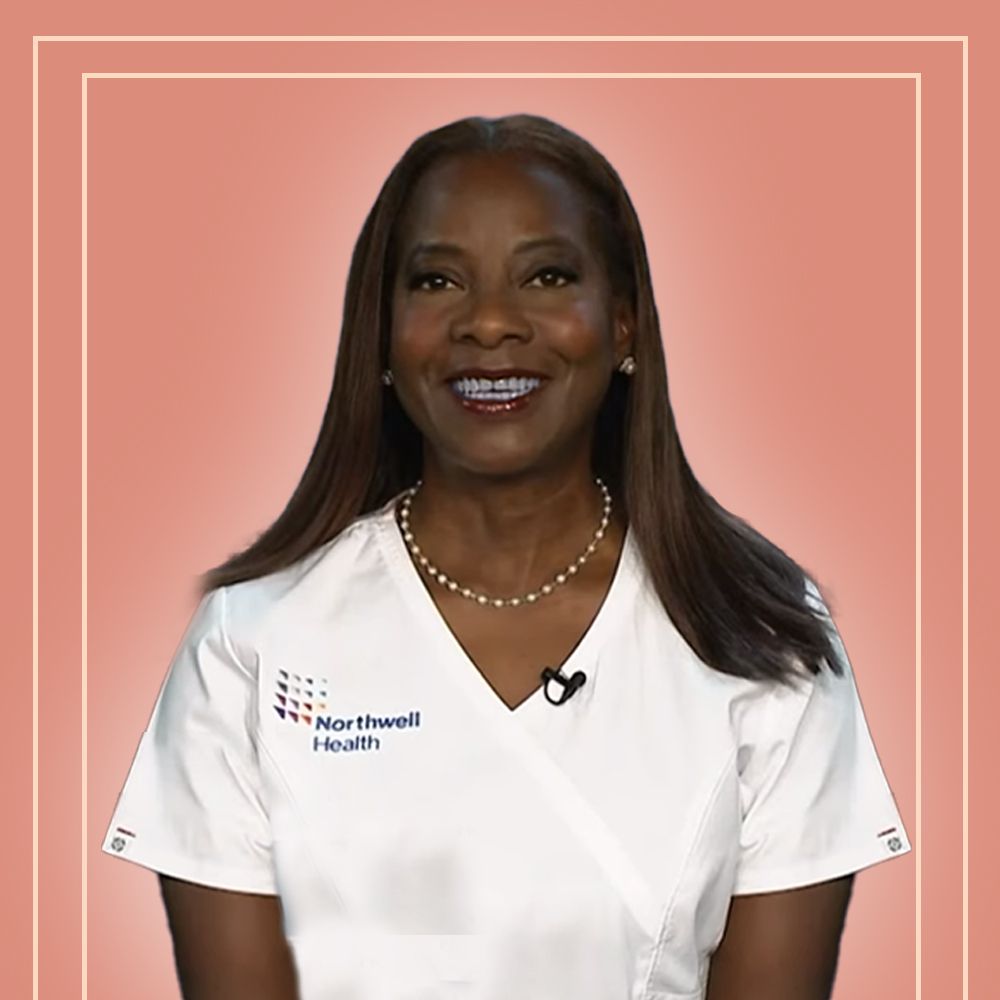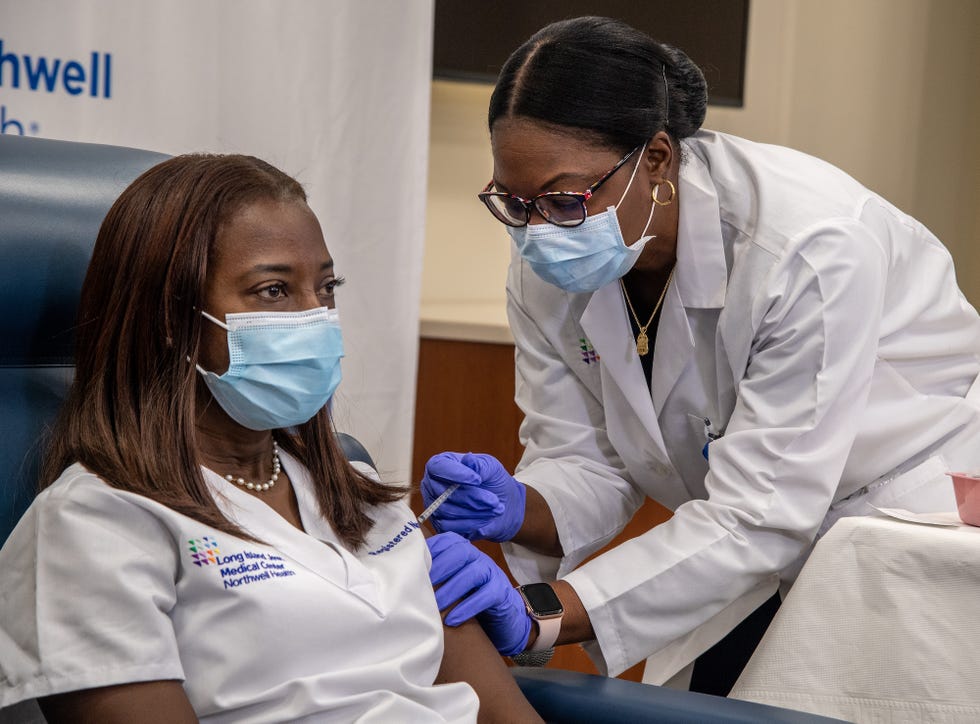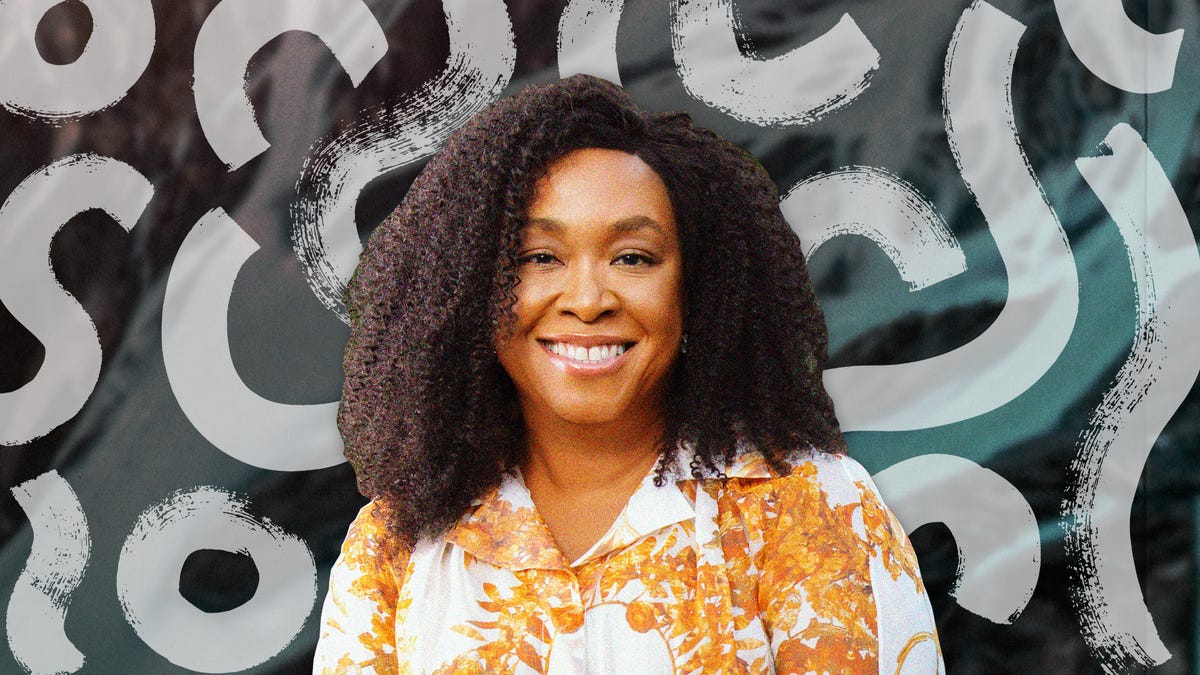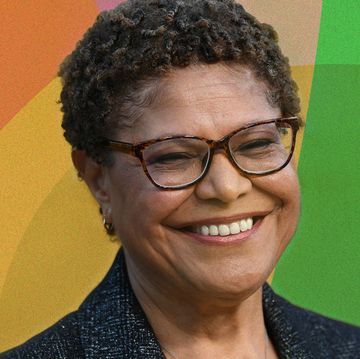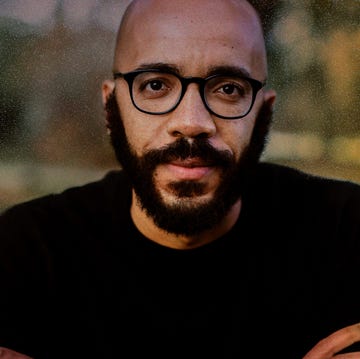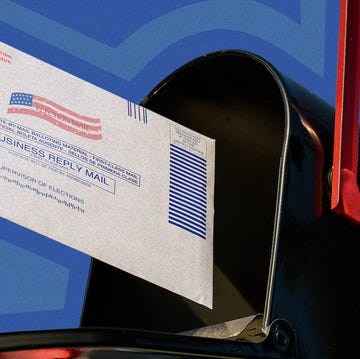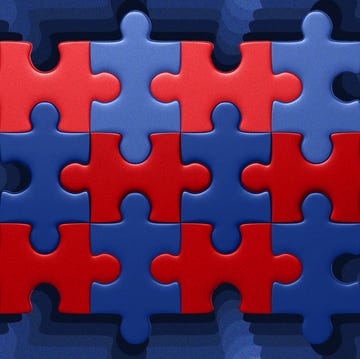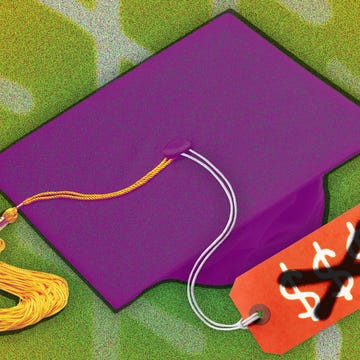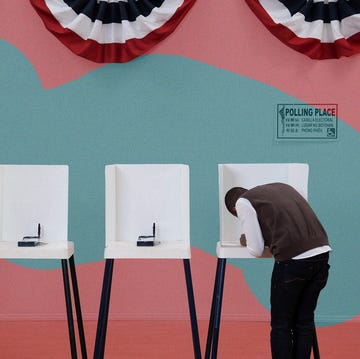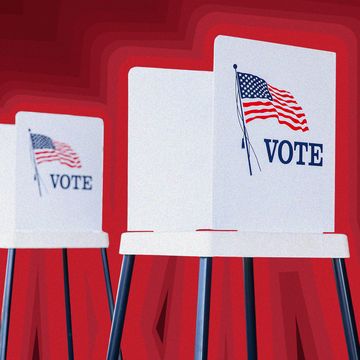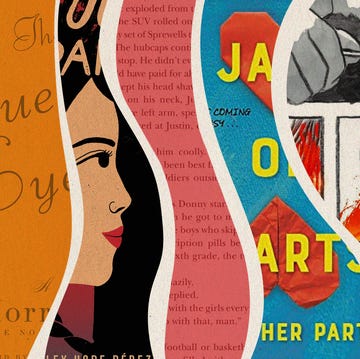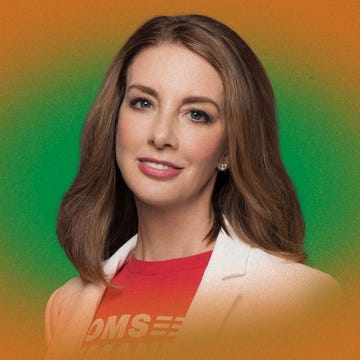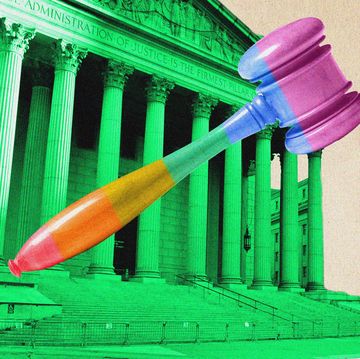Women are the backbone of society, but their contributions have often been overlooked. For Women's History Month, we're spotlighting everyday women who are not only making history, but are also positively impacting their communities as well.
Sandra Lindsay had no idea she’d make history on Dec. 14, 2020. She just went to work as she’s done for 26 years at Long Island Jewish Medical Center in Queens, New York. She’s not even sure that, when she was tapped to receive the first Covid-19 vaccine in the United States, she was chosen because of the symbolism and message inherent in her being a Black woman, and an immigrant.
“It just kind of happened that way,” Lindsay tells Shondaland. “Once I got the vaccine, I was all set to go back to work.”
Suffice it to say, things didn’t exactly go as she’d planned — she became a celebrity of sorts. Lindsay, who immigrated to the U.S. in 1986 from Jamaica, now works as the director of nursing for the critical care division at the facility. She watched first hand as the most horrifying days of the pandemic took hold over New York City, which from February to June of 2020 was the epicenter of the outbreak in the United States. Her workplace does not release mortality statistics, but a spokesperson said that during the worst of it, their center treated more than 100,000 patients, more than 20,000 of those required a stay at the facility.
A self-described calm person by nature, Lindsay says she’s kept herself together with a lot of prayer, exercise, and transcendental meditation — a practice she picked up during the toughest days of the pandemic. Watching the death and devastation unfold in front of her, while also working every day without time off, Lindsay told any and everyone who could hear her that she wanted to take the vaccine as soon as it became available.
“I kept saying, ‘Oh my god, I can't wait. I can't wait. This has to end, this is crazy. This is just too brutal. Too many people are dying.’ So I volunteered to take the vaccine,” she recalls.
Being the squeaky wheel paid off, resulting in the now-unforgettable footage of her receiving the very first Covid-19 vaccine — administered by Dr. Michelle Chester, a fellow Black woman, no less. Though the two masked women made no mention of their race in the moment, its significance couldn’t have been more clear, or more potent. The CDC reports that “incidence, hospitalization rates, and mortality were highest among Black/African American and Hispanic/Latino persons” — the same groups that, according to a prominent study, are most hesitant to trust a vaccine.
Lindsay said that she wasn’t aware of the reasons for the hesitations — including the infamous Tuskegee Study where Black men were unknowingly used as guinea pigs to study the effects of syphilis — when she first came to the U.S., but learned of them in nursing school. But seeing COVID-19 firsthand, and how the virus disproportionately affected people of color, Lindsay knew she wanted to set an example.
“We've been asked to protect the health of the community that we serve,” she says. “The community came knocking, and so we had to answer.”
Lindsay’s been using her newfound celebrity to educate others about the vaccine, and further her own goals. “When I come across somebody who is hesitant, for whatever reason, I listen to their concerns, their questions, see if I can answer any question by sharing what I go through, what my team goes through on a daily basis,” she says. “I tell them what we've been encountering since March, direct them to facts, dispel any myths and conspiracy theories.”
Now pursuing a doctorate in health sciences with a concentration in global health, leadership and organizational behavior, Lindsay is seizing the moment to focus on solving some of the bigger, systemic issues that make Black and Latino people more susceptible to chronic health conditions in the first place.
“Not having enough preventative care, not enough access to healthy foods in supermarkets — COVID just opened up a whole host of problems,” she says. “I would love to be involved in policies or leadership roles that help solve these problems.”
Given how busy Lindsay is these days, she’s not really thinking about how she’ll be remembered. Still, she hopes she’ll be known as someone who puts people first.
“I was the nurse who fulfilled my professional duty to serve the community in need,” Lindsay says. “I protected my patients, and led by example, demonstrating courage and inspiring others to embrace science and be part of the solution.”
Malcolm Venable is a staff writer for Shondaland.
Get Shondaland directly in your inbox: SUBSCRIBE TODAY
